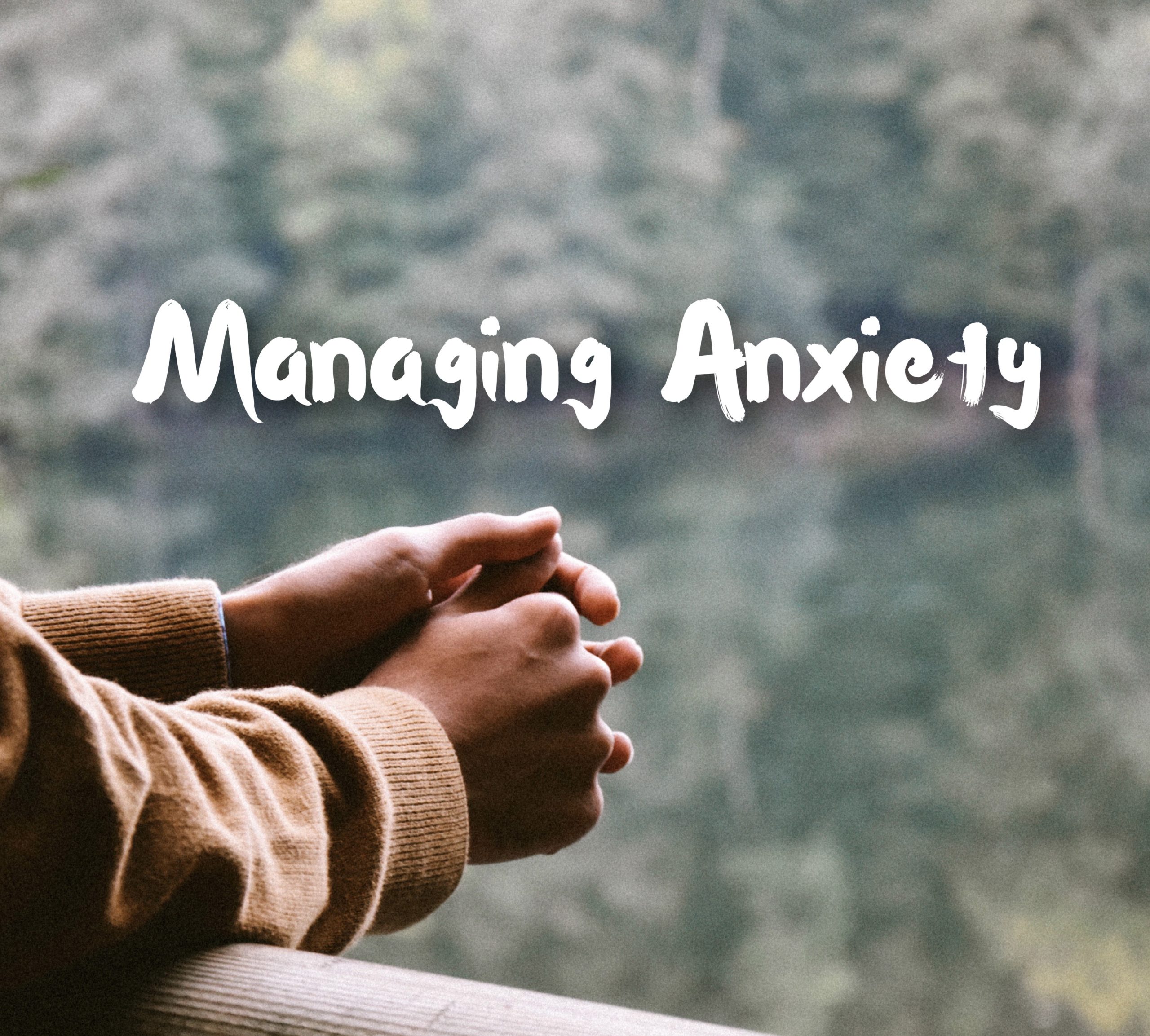
Managing Anxiety During Times of Uncertainty
Did you know that anxiety is the most common mental health condition in the US? Over 40 million people over the age of 18 are managing anxiety. That’s over 18% of the total population.
These numbers are without factors like the current pandemic that forced schools and some businesses to temporarily close and order multiple states to shelter in place.
How to you manage your anxiety in times of uncertainty?
What if you’ve never experienced anxiety until these past few weeks and don’t have a therapist you can call over the phone?
Here are seven realistic coping skills to practice each day that can help.
Focus on the facts from reliable sources
-
- The Centers for Disease Control and Prevention (CDC) is a great resource for COVID-19 information. Don’t get sucked into the click-bait and ignore the rumors that are rampant right now.
- If someone says “I heard…” or “Someone said….” Then it’s likely not true. If you spend energy on rumors or untruths it can really heighten your anxiety and drain you emotionally.
Talk through any worries with someone you trust
-
- Once you’ve said and worked through your worries out loud it is easier to let them go.
Limit your exposure to news and social media
-
- Purposefully seek the information you want from a trusted source then disengage, instead of having the news channels on or scrolling through social media. Without a nationwide pandemic, the news can already cause people anxiety and worries about things that are out of their control.
Take care of yourself each day
-
- Whether it is something as simple as reading a book, writing in a journal or exercising. It is important that you have some type of activity that is just for you. It will refill the energy that is taken away.
Take it one day at a time
-
- Don’t allow yourself to play the “what-if” game about the future and do your best to live in the moment each day.
Find gratitude every day
-
- Upon waking before you get out of bed, find three things you are grateful for, focusing on each thing for a few minutes. This helps set the tone of your day.
Focus on what you can control
- You cannot control other people’s reactions, social media posts and you cannot control what the news commentators say.
-
- What you CAN control:
- What you choose to pay attention to
- How you react to the world around you
- What you do each day
- Who you spend your time with
- Who and what you spend your energy on
- The items in your social media feed
- What you CAN control:
Even if you’ve never experienced a mental health disorder before, practicing these steps each day will help you begin to cope.
If you or someone you know is working through a mental health disorder, like depression or anxiety, please contact the professional team at Lifeline Connections. You can visit Lifelineconnections.org, our Services & Locations information or call (360) 397-8246 for more information. We offer mental health outpatient programs customized plans for your needs. Some may include individual and group therapy, peer support and opportunities to learn various wellness skills.
Our caring counselors, clinicians and psychiatric professionals will be with you every step of your journey. Learn more about our mental health programs.
